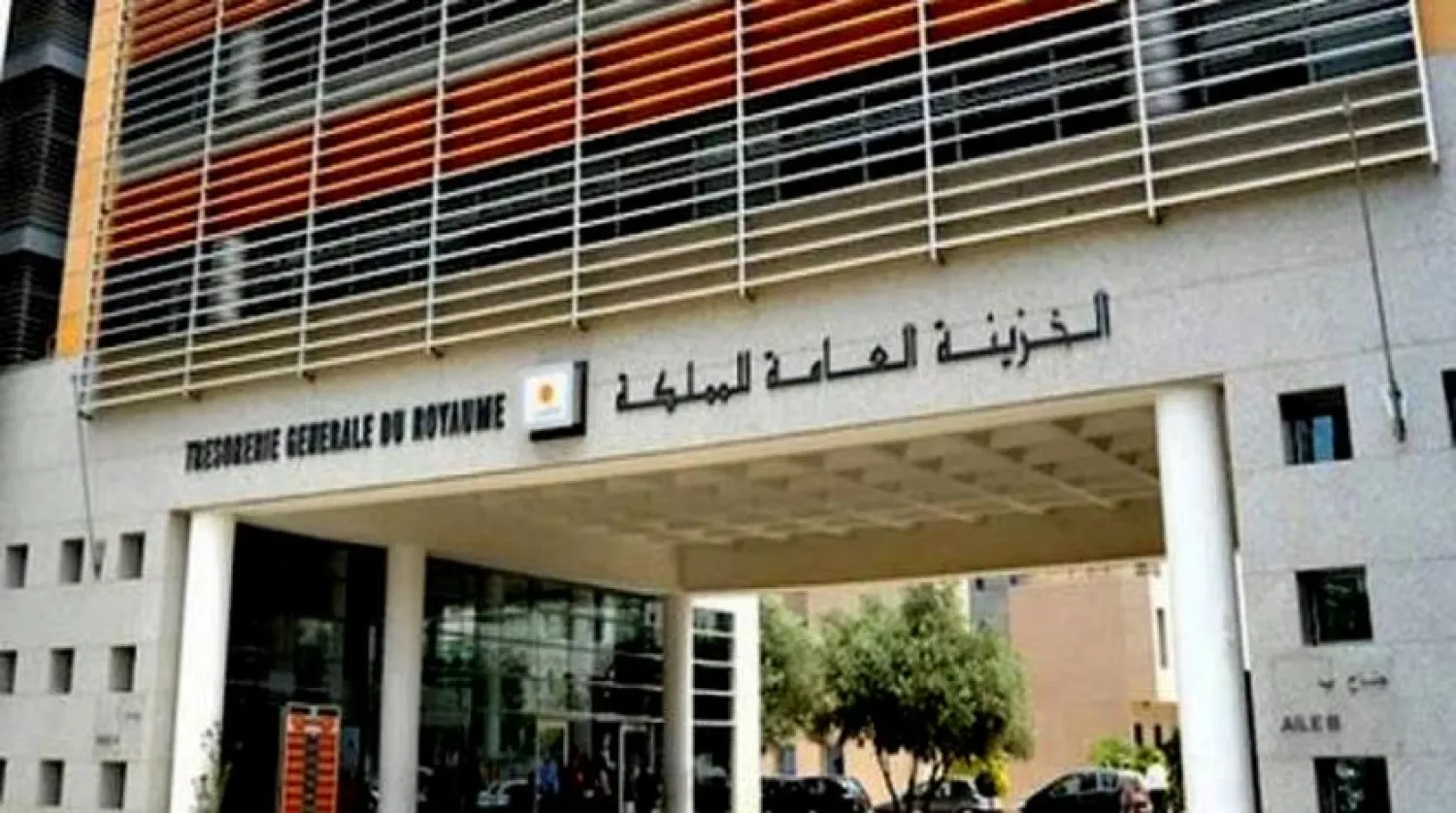Data released by Morocco’s General Treasury (TGR) has revealed a budget deficit of 28.8 billion dirhams ($2.8 billion) in late June, compared to a deficit of 22.8 billion dirhams ($2.2 billion) in 2019.
In its monthly public finance statistics bulletin in June, the Treasury said this deficit is due to a positive balance of 8.3 billion dirhams ($830 million), released by the special accounts of the Treasury (CST) and the independently managed state services.
Based on the revenue collected and outgoing expenditures, the TGR pointed out that the budget implementation also revealed a negative balance of 805 million dirhams ($80.5 million), against a positive balance of 3.2 billion dirhams ($230 million) in 2019.
Meanwhile, it said the global amount collected by the Special Fund for the management of the novel coronavirus pandemic has amounted to 33.3 billion dirhams ($3.3 billion) in H1 2020.
“At the end of June 2020, the trust account entitled ‘Special Fund for the management of the coronavirus pandemic’ recorded income of 33.3 billion dirhams and expenditure of 18.1 billion dirhams ($1.8 billion),” it reported.
It is noteworthy that the special Fund was established under the directives of King Mohammed VI to cover the costs of upgrading the medical system, support the national economy to cope with the shocks induced by this coronavirus, preserve jobs, and mitigate the social repercussions of the pandemic.









